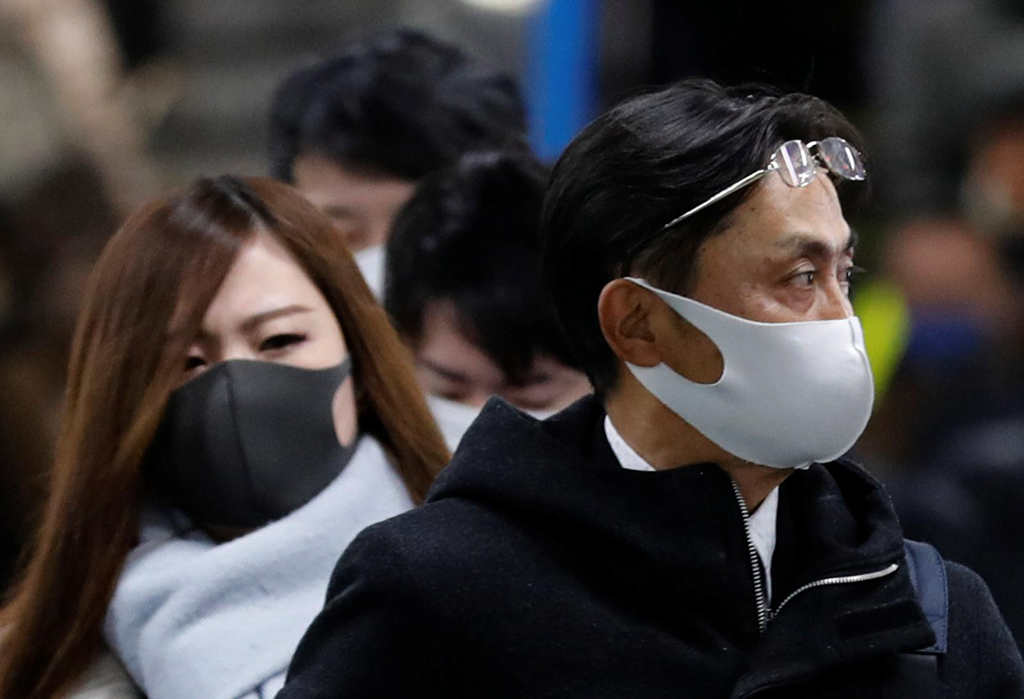JANUARY 7, 2021 An advisory panel approved on Thursday the Japanese government’s plan for a one-month state of emergency, beginning Friday, for Tokyo and three neighbouring prefectures in a bid to contain a surge in new coronavirus cases, now running at record levels.

The proposal for an emergency declaration running from Jan. 8 to Feb. 7 was approved at a morning meeting, Economy Minister Yasutoshi Nishimura said. Its restrictions centre on measures to combat transmission at bars and restaurants, cited by the government as key risk areas.
Positive tests are set to exceed 2,000 on Thursday in Tokyo, yet another record after hitting 1,591 the previous day, according to public broadcaster NHK.
Prime Minister Yoshihide Suga will hold a news conference at 6 p.m. (0900 GMT) to formally announce the decision and curbs to be imposed in Tokyo and the neighbouring Saitama, Kanagawa and Chiba prefectures. But medical experts have said they fear the government’s plans might be inadequate, with new cases hitting highs around the country.
Government officials have been in talks with experts this week to assess steps to try to bring the surge under control with as little damage as possible to the economy.
With an eye on the looming Tokyo Olympics and the fragile state of the world’s third-biggest economy, Suga has favoured limited restrictions.
Economy Minister Nishimura said on Thursday that measures to be included in the state of emergency from Friday mean asking restaurants and bars to close by 8 p.m., requesting that residents refrain from non-urgent outings, and limiting attendance at sporting and other big events to 5,000 people. The four prefectures are home to about 150,000 restaurants and bars.
Ahead of the declaration, the Tokyo Metropolitan Government announced on Thursday that upcoming exhibitions of the Olympics torch around the capital have been postponed “to reduce the flow of people and the further spread of COVID-19.”
Prime Minister Suga has said shorter operating hours for such businesses had helped bring cases down in regions such as Osaka and Hokkaido.
But in a worrying sign, Osaka on Wednesday reported new cases easily topped their previous record, with 560 infections, while Hokkaido saw cases surpass 100 for the first time in a week.
“Depending on the way infections spread from here on, we may need to think about a state of emergency nationwide,” Toshio Nakagawa, president of the Japan Medical Association, told a news conference on Wednesday.
发表回复